Govt. shutdown hits small biz
Plus: Store traffic ≠ sales | Small biz owners out-earn salaried employees
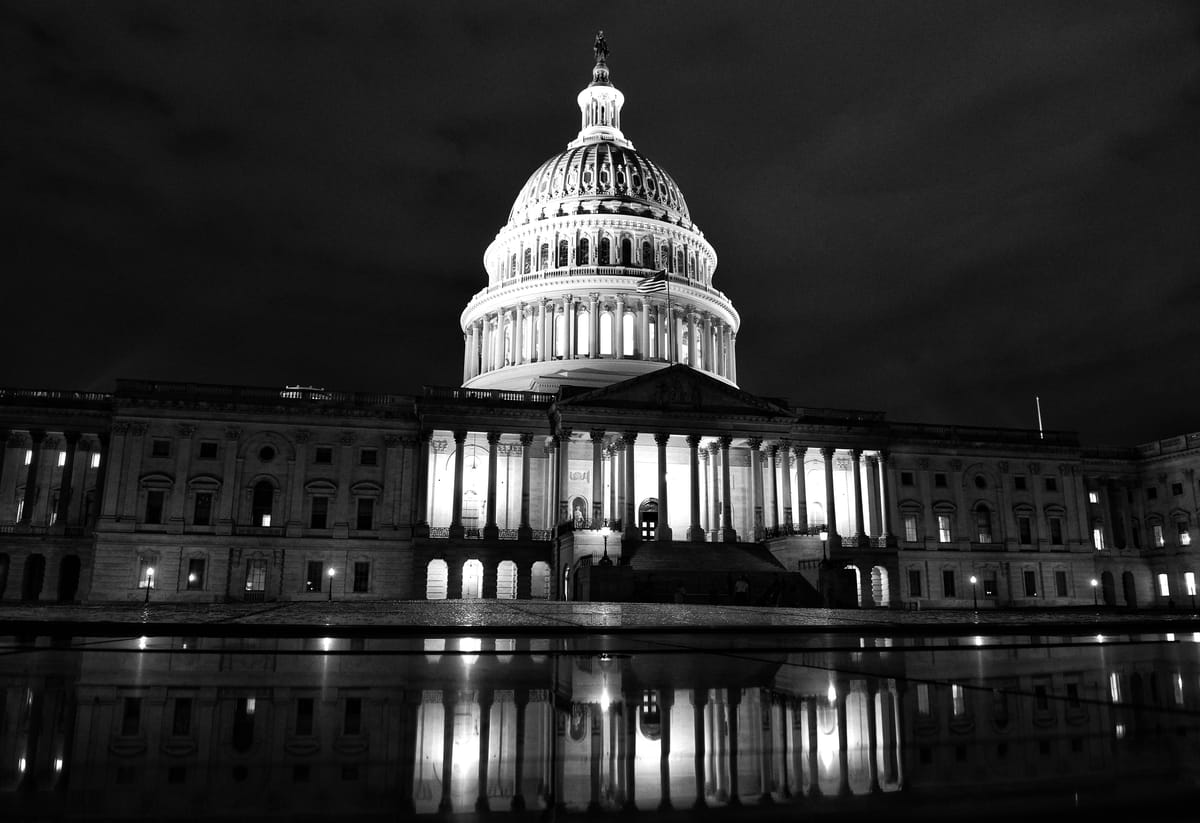
Will the shutdown lead to meltdown? Women-owned small businesses could be especially impacted by the loss of SBA support, government contracts and the change in buying behavior that comes with financial uncertainty. We’ll dive deeper into why, and we’ll also take a look at a study by the Federal Reserve Bank of Minneapolis that analyzed income tax and Social Security data to show how small business owners out-earn salaried employees.
But first, check out this analysis reel of Banana Republic’s store redesign.

Something’s brewing: Coach asks Gen Z: Would you like coffee with your handbag?
Swift-o-nomics: How much Taylor Swift made on “Life of a Showgirl” in its first two days of sales.
Resale real estate: Fashion reseller Fashionphile expands its physical footprint.
Deal or no deal? What “Shark Tank” investor Kevin O’Leary thinks of Trump’s economy.
A la mode: Fashion takes up the lion’s share of retail space in Europe.

Government shutdown puts particular strain on women entrepreneurs
The ongoing government shutdown has furloughed thousands of federal employees and put the brakes on many small businesses’ government contracts. Women entrepreneurs could also be feeling the strain. Many women-owned businesses rely on SBA funding, mentorship and certifications, but the agency has paused operations, stating that each day the shutdown continues, an estimated 320 small businesses are prevented from accessing $170 million in SBA-guaranteed funding. Mid-size companies that provide services such as cleaning or catering to federal offices also face uncertainty. Furloughed employees will also likely cut back on household spending.
Why this matters: Financial educator Haley Sacks says, "It’s so important to say that shutdowns don’t just cut into women’s earnings, they’re also going to change that behavior. Women business owners are going to get more cautious. You’re going to scale back plans, you’re going to lean harder on your side hustles, and the danger is definitely not right now. It’s going to linger into 2026.” (Forbes)
Minneapolis Fed study: small-business owners out-earn salaried employees
We recently learned that “solopreneurs” out-earn salaried employees, but so do regular entrepreneurs, by about 70%, according to a recent analysis by the Federal Reserve Bank of Minneapolis. The report also found that income levels vary widely among small business owners, as does the amount of time until earnings begin to pick up. “By age 55, our estimate is an average (entrepreneur) income of $134,000 in 2012 dollars–much higher than the estimate of $79,000 for the paid employed,” the study says. About 80% of the total income of entrepreneurs the study identified was generated by people earning $100,000 annually or more. That means a lot of small-business owners fared less well than the more affluent minority at the top.
Why this matters: The bank used U.S. tax and Social Security Administration data from 2000 to 2015, which allowed it to create a more precise picture than self-reported surveys. Important to note: many entrepreneurs continued working salaried jobs, or had other income coming in as they supported their still unprofitable new ventures. Those supporting funds improved the cohort’s overall positive revenue figures. (Inc.)

Adobe study predicts U.S. online sales to reach $253B during holidays
Why the beauty sector loves incentivized reviews
How Miami-area shopping centers adapt to changing times
Nordstrom Local lands in SF’s Pacific Heights despite protests
A look inside the MOMA Store’s new retail concept

Store traffic and shopper conversion rates: what to know
Only half of retailers track their store traffic, and those who do are often not harnessing key data points. Many equate sales transactions with store traffic, but that’s only part of the picture. What’s more, sales transactions are almost always lower than store traffic counts, because there are a lot of customers who come into a store, either intending to buy or not, who don’t make purchases. But not knowing what you don’t have prevents you from seizing those opportunities to convert, says Mark Ryski, founder and CEO of Headcount Corp. To improve your conversion rate, first understand the barriers to conversion (poor merchandising, shopper engagement or checkout processes) and next, understand which stores have the highest conversion rates and implement those best practices throughout your store network.
“Naturally, store traffic and sales are correlated, but the relationship between traffic (the sales opportunity) and sales (the outcomes) is more nuanced than many retailers realize. The fact is—and I have data to prove it—stores can have more traffic and lower sales; and stores can have lower traffic and higher sales. Sound impossible? It’s not." –Mark Ryski, Founder & CEO, Headcount Corp.
Why this matters: These “super converter” stores may be low sales volume stores, but they’re notching more purchasers relative to those who enter the store. But keeping track of both metrics is the key to identifying them. Says Ryski, “Store traffic is truly a gift. Store traffic and shopper conversion insights enable every retailer to unwrap it.” (Chain Store Age)

ChatGPT’s Etsy deal enables sales via the AI app. What do sellers think?
Now that Etsy has partnered with ChatGPT parent OpenAI, Etsy users can now browse and buy products while using ChatGPT (which now contains Etsy storefronts within its app). This means they don’t have to go to the Etsy website or app, and that means shoppers aren’t getting the full experience that Etsy sellers have come to expect. “As a marketplace of over 5 million creative entrepreneurs, it’s our job to remove barriers for shoppers so they can easily discover and be delighted by our sellers’ special items,” says Rafe Colburn, Etsy’s chief product and technology officer. Some sellers are excited to have more visibility, while others worry about their customers and their business getting lost in ChatGPT. For example, buyers via ChatGPT have to go through more hoops to leave reviews, message buyers or open support tickets, which may hurt sellers.
Why this matters: While more eyeballs from ChatGPT is generally a good thing, Etsy seller Fran Hurst says, “AI isn’t always correct.” Adding, “I make some jewelry using vintage components. AI consistently calls it vintage jewelry. That’s deceiving.” Another, Bernice Ma, says, “The human touch is such an important part of e-commerce and my small business. If purchases are made directly through a platform like ChatGPT, some of that personal connection risks being lost.” (Modern Retail)

Thanks for reading this week's edition!
You can reach the newsletter team at theskupe@mynewsletter.co. We enjoy hearing from you.
Interested in advertising? Email us at newslettersales@mvfglobal.com
The SKUpe is curated and written by Marcy Medina and edited by Bianca Prieto.
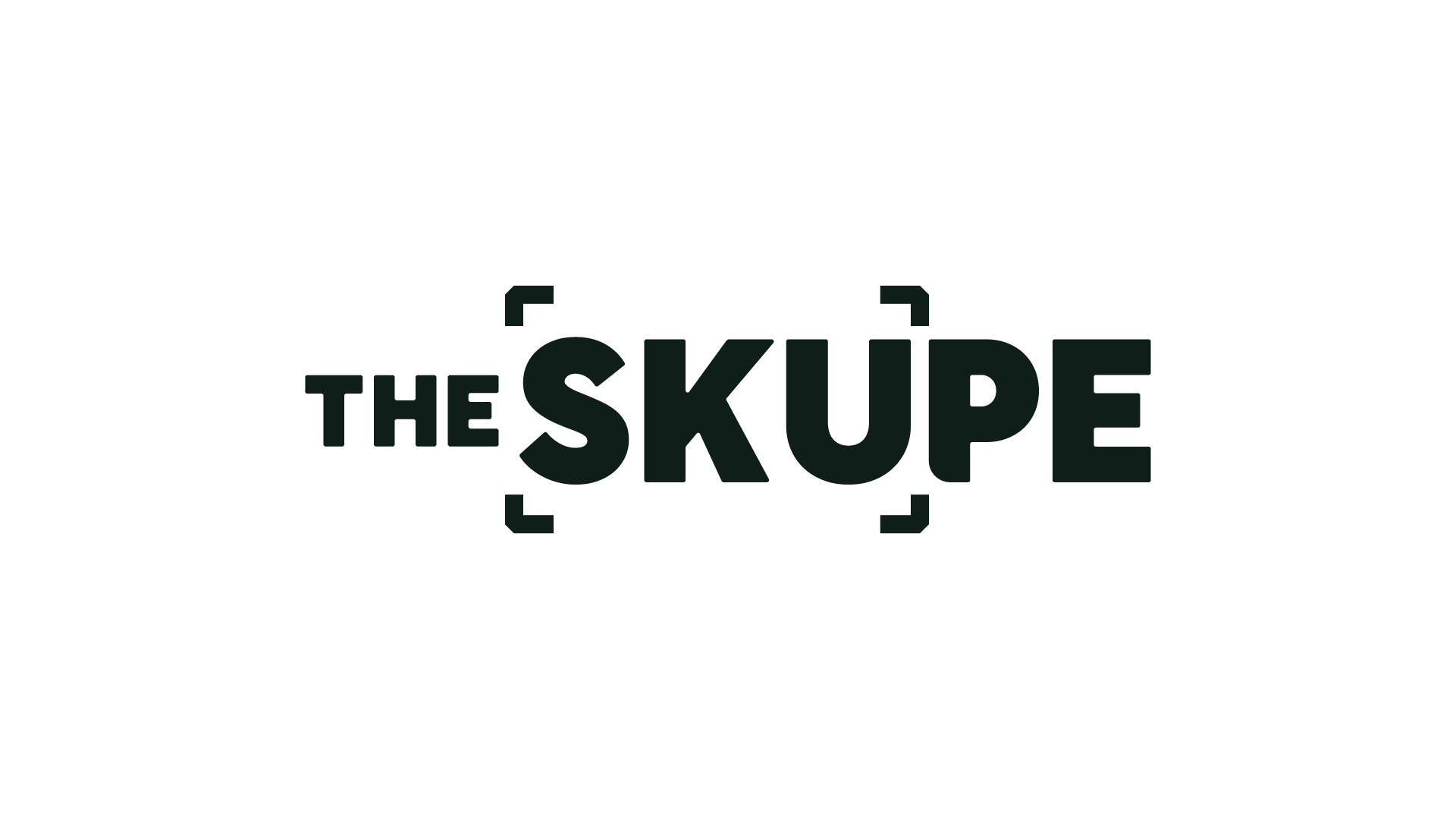

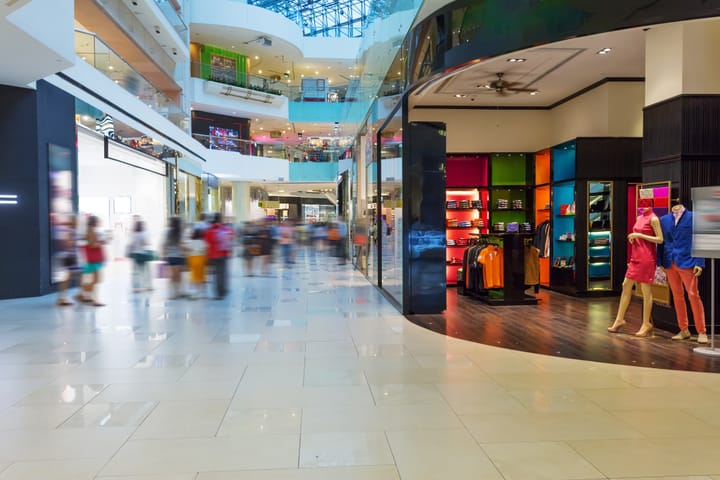
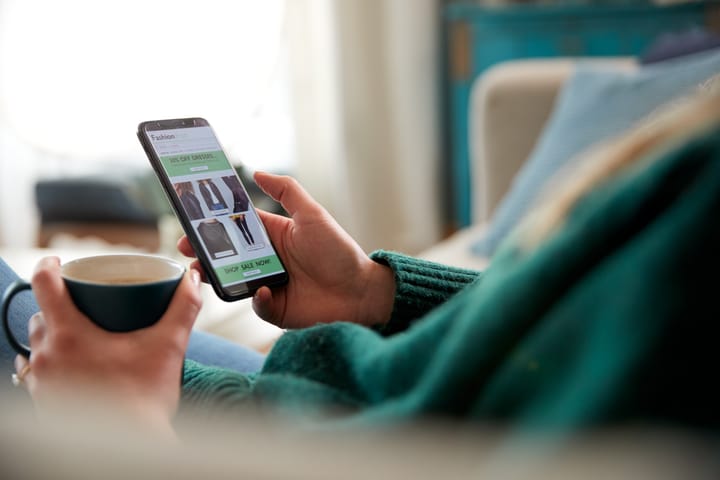
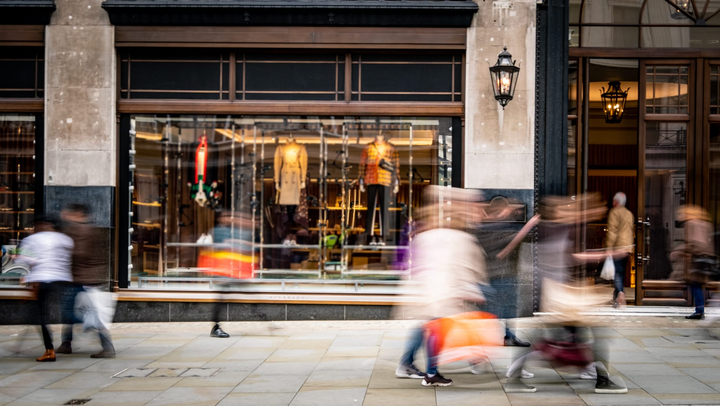
Comments ()